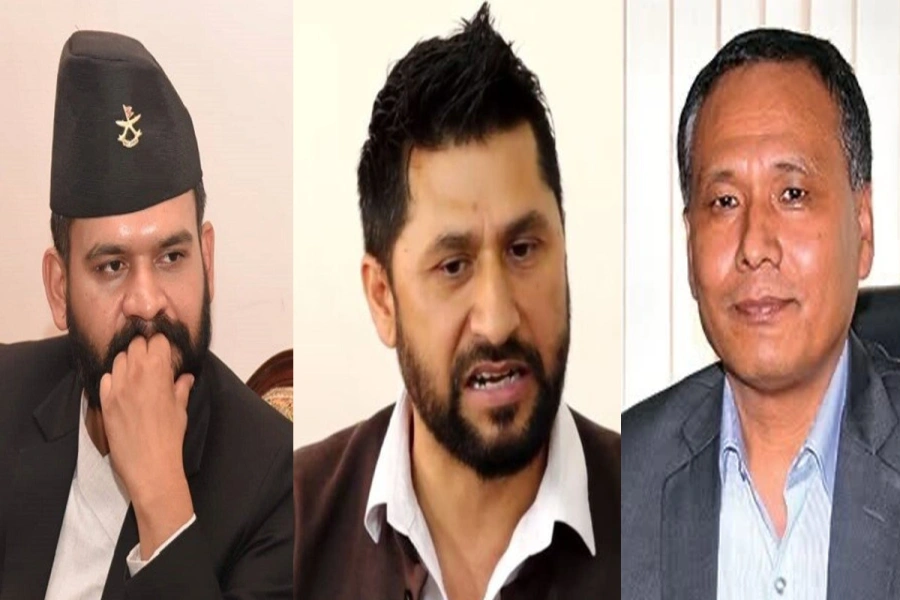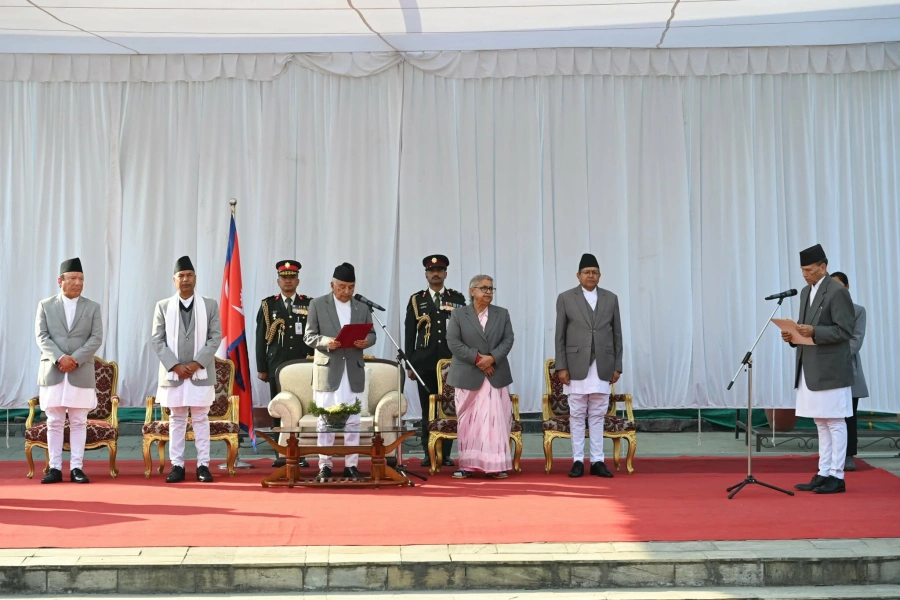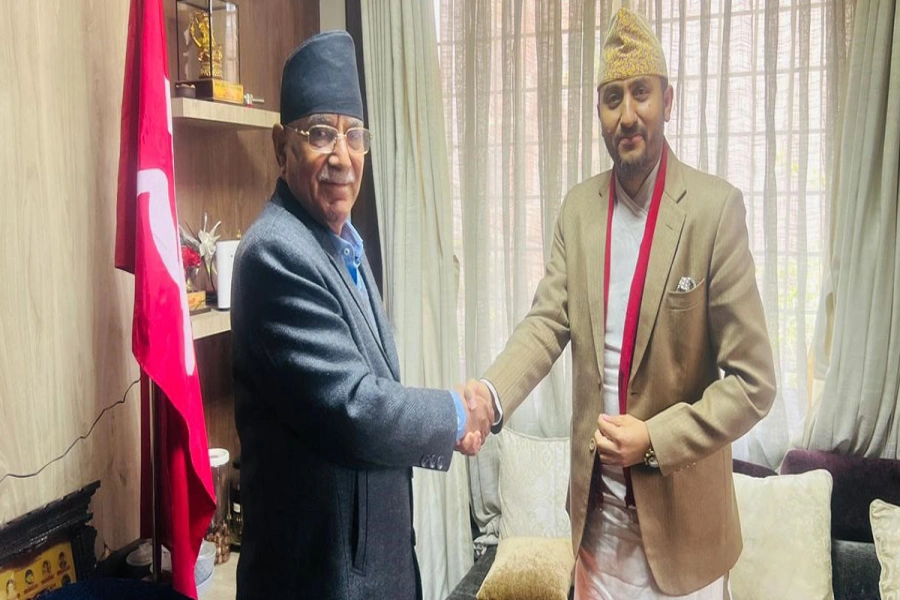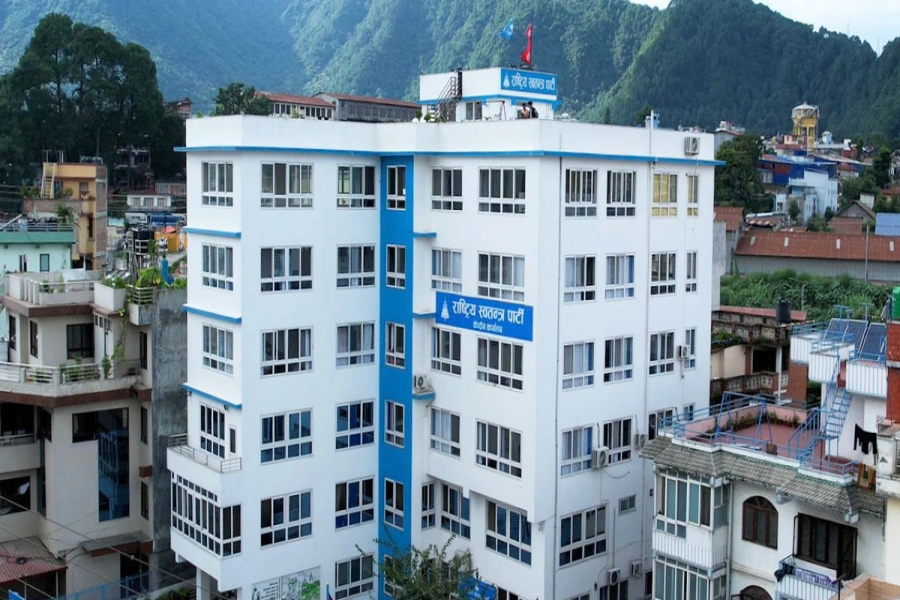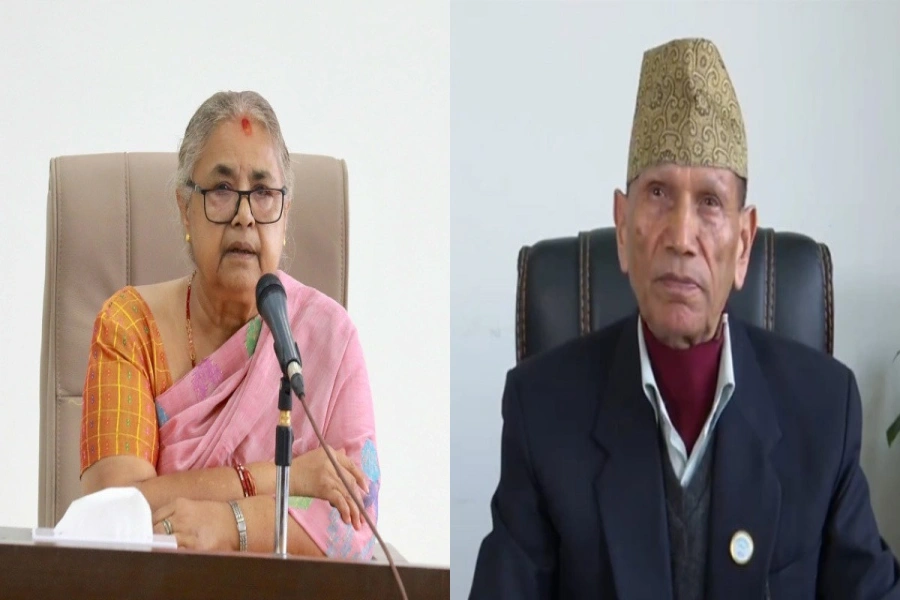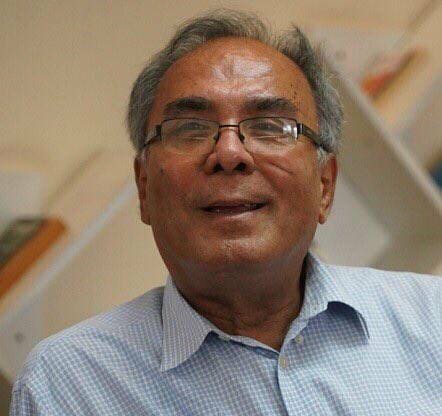In recent times the demand for permanent status by temporary teachers has been one of the most entrenched problems in public education sector. Not a single year passes without them resorting to street protests, school shutdowns, and even refusing to cooperate with the Ministry of Education in conducting SLC exams and marking SLC answer sheets. All to put pressure on the government to grant them permanent status.
The Temporary Teachers’ Struggle Committee (TTSC) has launched a fresh round of protest with the same demand. It forced shut all community schools on Friday and have warned of stern protests if its demands are not addressed. They could keep the schools shut for days on end, pushing the already vulnerable public schools to the brink. It is important that this issue be settled through talks and permanent solutions found. [break]
Shutting down schools is the worst form of pressure tactic. But temporary teachers alone are not to be blamed. The government has left enough space for this kind of disruptive behavior. Each time teachers take to the streets, the government seeks a piecemeal solution to defer the crisis. Back in April, bowing to protests the government had reached a deal with agitating temporary teachers to allow all those who started teaching after April 2006 to participate in internal competition.
(Earlier the government had announced that only those appointed before April 24, 2006 would be given permanent tenure through internal competition, forcing those appointed after 2006 to sit for open competition). It had promised to amend Education Act 1971 for the purpose. But the Education Act has not been amended and the future of around 17,000 temporary teachers appointed between 2006 and 2012 still hangs in limbo. The problem has lingered also because MoE’s education ordinance forwarded by Baburam
Bhattarai government was turned down by the President’s office. While it is not unfair for agitating teachers to demand implementation of past agreements, we believe that their refusal to sit for open competition exams is unprofessional. Granted, they have invested precious years of their lives in teaching profession. But this cannot be a justification to reject merit based exams, nor can the fear of losing jobs justify just a drastic action. Ideally, they should have participated in Teacher’s Service Commission exams in May. Open competition will not only provide agitating teachers an opportunity to prove their mettle but also help thousands of education graduates to explore their job potential.
However, since the government has already promised to solve their problems through a separate arrangement, it should call TTSC for talks, and Teacher Service Commission should announce internal competition to address their concerns for one last time. The teachers who get through this exam should be given permanent status while those unable to get through should get golden handshake. It is urgent to settle this issue without any further ado. Once the results of Teacher Service Commission’s examinations held in May become public it is going to displace many of the serving temporary teachers, adding to already bloated number of temporary teachers. Meanwhile, the government should make it mandatory to recruit teachers in public schools through TSC. It is high time to institutionalize meritocracy in teacher appointment.
Chaudhary Group's Managing Director calls Basbari Land issue a...

















